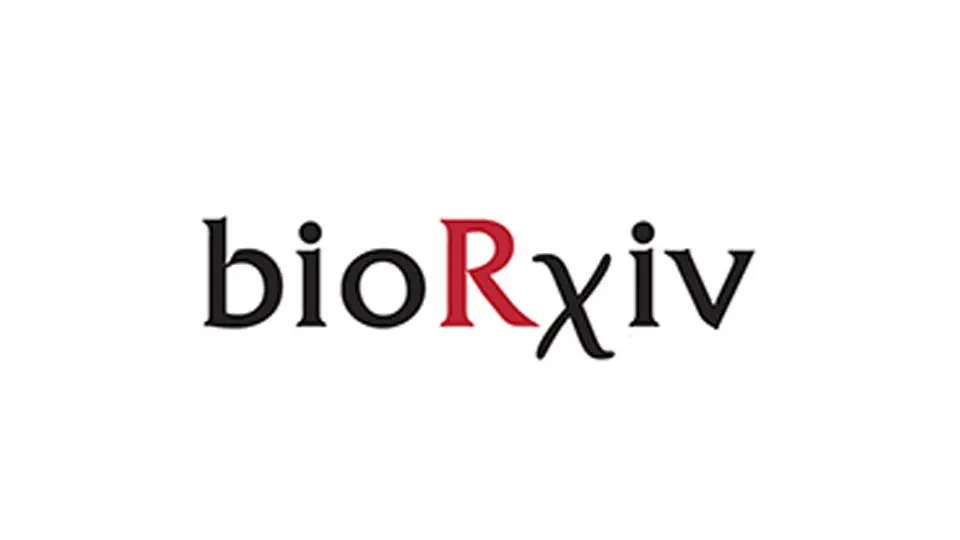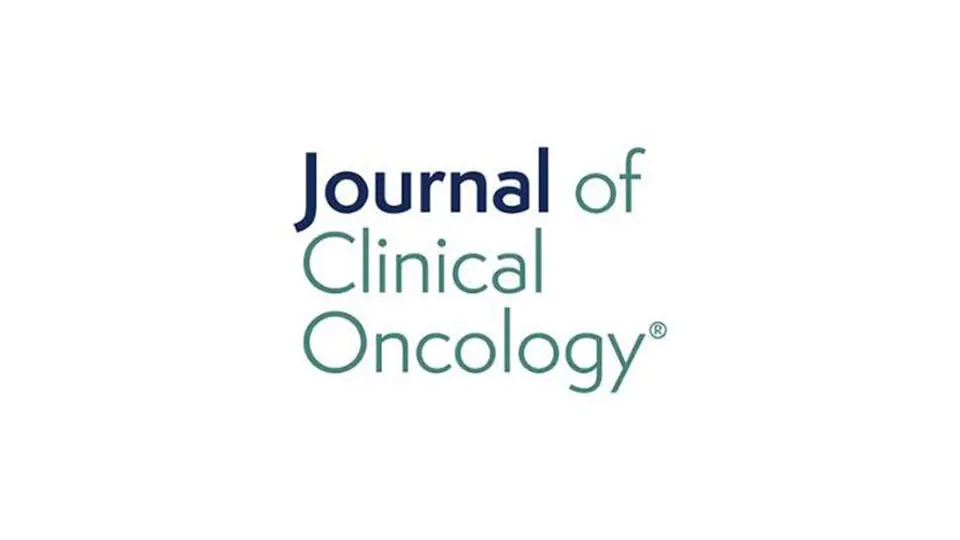Lung Cancer
According to the American Cancer Society, lung cancer is the second most common cancer in the U.S. In 2025, it is estimated that 226,650 new cases of lung cancer will be diagnosed in the U.S. and 124,730 deaths will be attributed to the disease. NSCLC accounts for about 87% of all lung cancer diagnoses, and there are very few successful treatment options for these patients once the cancer spreads beyond the lungs.
The development of checkpoint inhibitors in NSCLC has been revolutionary, doubling the median overall survival in some settings; however, patient response may be short lived, due to late response and/or progression after achieving an initial response.
Lung Cancer Clinical Trials

As with bladder cancer, we believe that ANKTIVA® enhances the proliferation and activation of NK and T cells critical for targeting and killing lung cancer cells. There is therefore a strong rationale to evaluate N-803 in addition to ananti-PD-1 or anti-PD-L1 checkpoint inhibitor for patients with NSCLC who have relapsed after achieving an initial response to PD-1 or PD-L1 checkpoint inhibitor therapy. ImmunityBio’s N-803 is currently being studied in two U.S. trials for lung cancer:
QUILT 2.023 – A Study of N-803 (ANKTIVA) in Combination with Current Standard of Care vs. Standard of Care as First-Line Treatment for Patients with Stage 3 or 4 Non-Small Cell Lung Cancer (NSCLC)
This is a Phase 3, open-label, 3-cohort, randomized study to compare the safety and effectiveness of N-803 (ANKTIVA) in combination with the current standard of care (experimental arms) versus standard of care alone(control arms), as first-line treatment for subjects with stage 3 or 4 advanced or metastatic NSCLC. Treatment will continue for up to 2 years, or until the patient experiences confirmed progressive disease or unacceptable toxicity, withdraws consent, or if the investigator feels that it is no longer in the patient’s best interest to continue treatment. Patients will be followed for disease progression, post-therapies, and survival through 24 months after the first dose of study drug. This trial is currently ongoing.
Select Eligibility Criteria:
- Eligible subjects for this trial must have confirmation that the following mutations are not present: EGFR, ALK Translocation, BRAF, ROS1, and NTRK.
- Subjects previously treated for Stage 1 or 2 NSCLC are eligible and subjects previously treated for Stage 3 NSCLC who have progressed may still be eligible.
- You can review a list of all eligibility criteria at ClinicalTrials.gov (link below).
https://clinicaltrials.gov/ct2/show/NCT03520686




